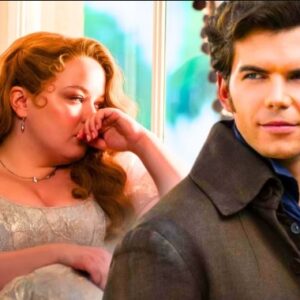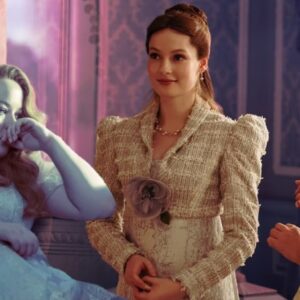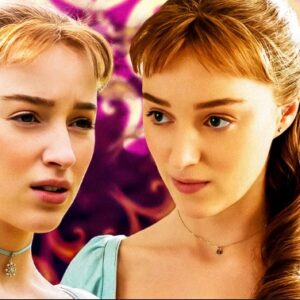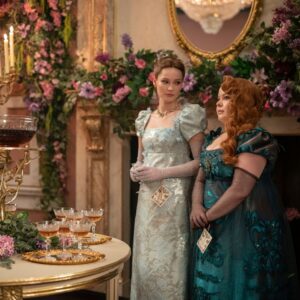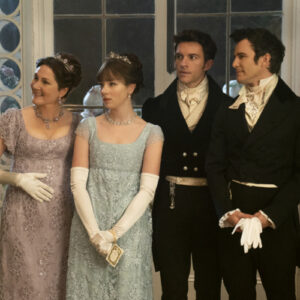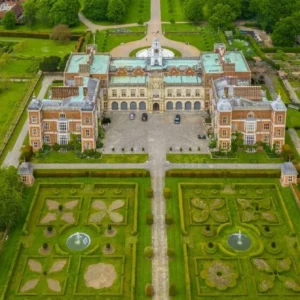How exaggerated was ‘Downton Abbey’s Royal visit?
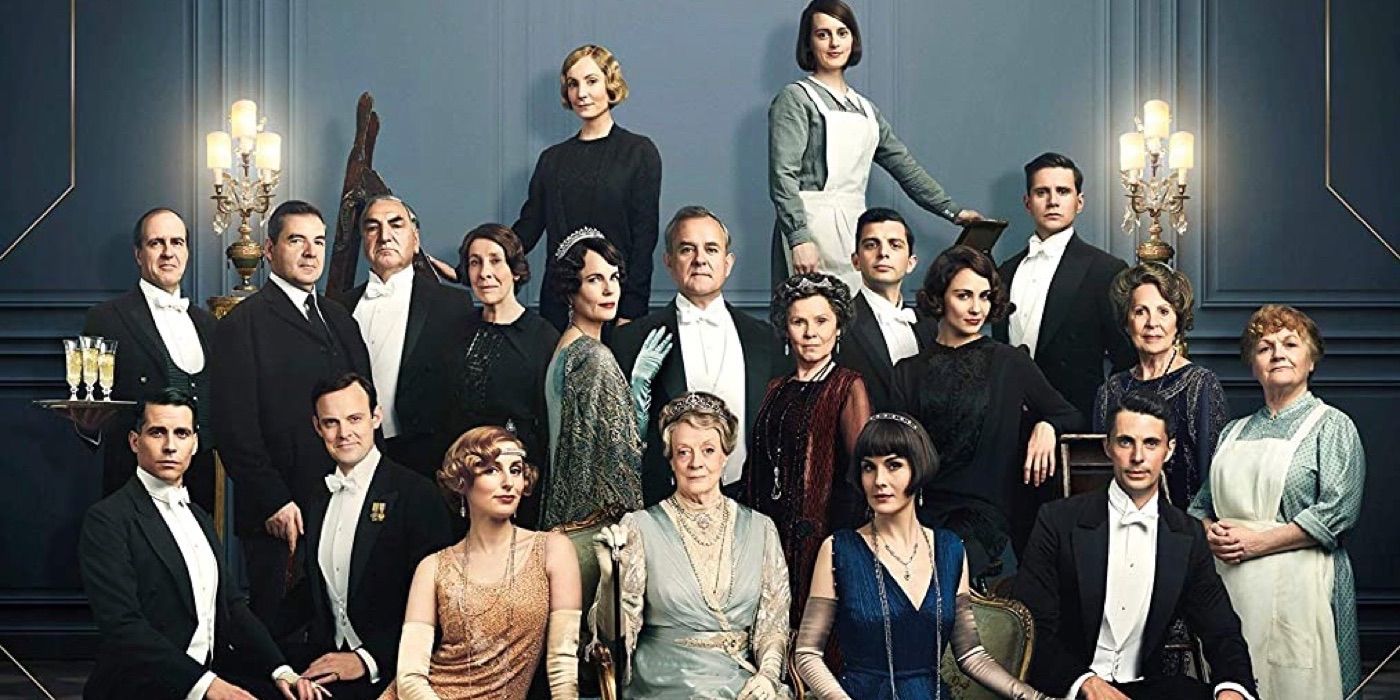
After a successful six-season run, the much-loved drama Downton Abbey came to an end, but the story has been kept alive with two sequel films and a third on the way. The franchise is set in England during the early 20th century, as the residence of the grand house of Downton Abbey endures scandals, hardships, and heartbreaks. But one thing that is particularly enthralling about the story is the exploration of history. Creator Julian Fellowes excels at portraying real history through fictionalized characters. Though this skill is present in Downton Abbey, it is more prevalent in Fellowes’ recent series, The Gilded Age, which was originally intended to serve as a Downton Abbey prequel.
With a season depicting World War I and a plot instigated by the tragedy of the Titanic, Downton Abbey is no stranger to incorporating history, and the movies are the same. The original Downton Abbey movie in 2019 may not center on a widely recognized historical event, but like many plots in the show, it is based on truth, to an extent. The story revolves around King George V (Simon Jones) and Queen Mary (Geraldine James) visiting the titular house and the ensuing drama as the characters meet the Royals. This is not a direct recount, partly because the central Crawley family is not based on a particular family, but the idea of what people in that social class were like in that time period. However, the Royal visit has a historical basis. While no host could be quite like the Crawleys and their servants, there is some historical precedent for the events in the film, though they are exaggerated to make the story more interesting.
What Happens in the ‘Downton Abbey’ Film?
Because the show ended several years before and wrapped up the character’s plots satisfactorily, the idea of a movie seemed strange. Returning to Downton required a plot and one that could play out in the mere two hours that a film provides. But Fellowes found a solution. Rather than opening up another tragedy or danger for the beloved characters, he gave them an honor. The King and Queen staying at Downton is a big deal, especially to Robert Crawley (Hugh Bonneville), who has always been vocal about his love and support for the Royal family. But nothing is simple at Downton, and the Royal visit results in a downstairs feud, a plot to assassinate the King, and characters learning secrets about the Royal family.
Replaced by the Royal staff, the Downton Staff takes matters into their own hands, tricking the Royal servants into being away long enough to serve the King and Queen themselves. Meanwhile, Robert’s Irish son-in-law, Tom Branson (Allen Leech), is contacted by the mysterious Captain Chetwode (Stephen Campbell Moore), who he believes to be investigating him regarding the visit because of his past connections. However, Tom discovers Captain Chetwode is actually looking for an ally against the King, leading Tom to stop an assassination attempt on the monarch. There are less violent plots, with Violet Crawley (Maggie Smith) trying to convince an estranged relative to leave her wealth to Robert because of their family connection, Edith (Laura Carmichael) and Cora (Elizabeth McGovern) working to keep Edith’s husband, Bertie (Harry Hadden-Paton), from traveling with the Prince while Edith gives birth to their first child, and Tom inadvertently saving Princess Mary’s (Kate Phillips) marriage. Though the story isn’t entirely true, there are historical elements to the plot.
What About ‘Downton Abbey’s Royal Visit Is True?
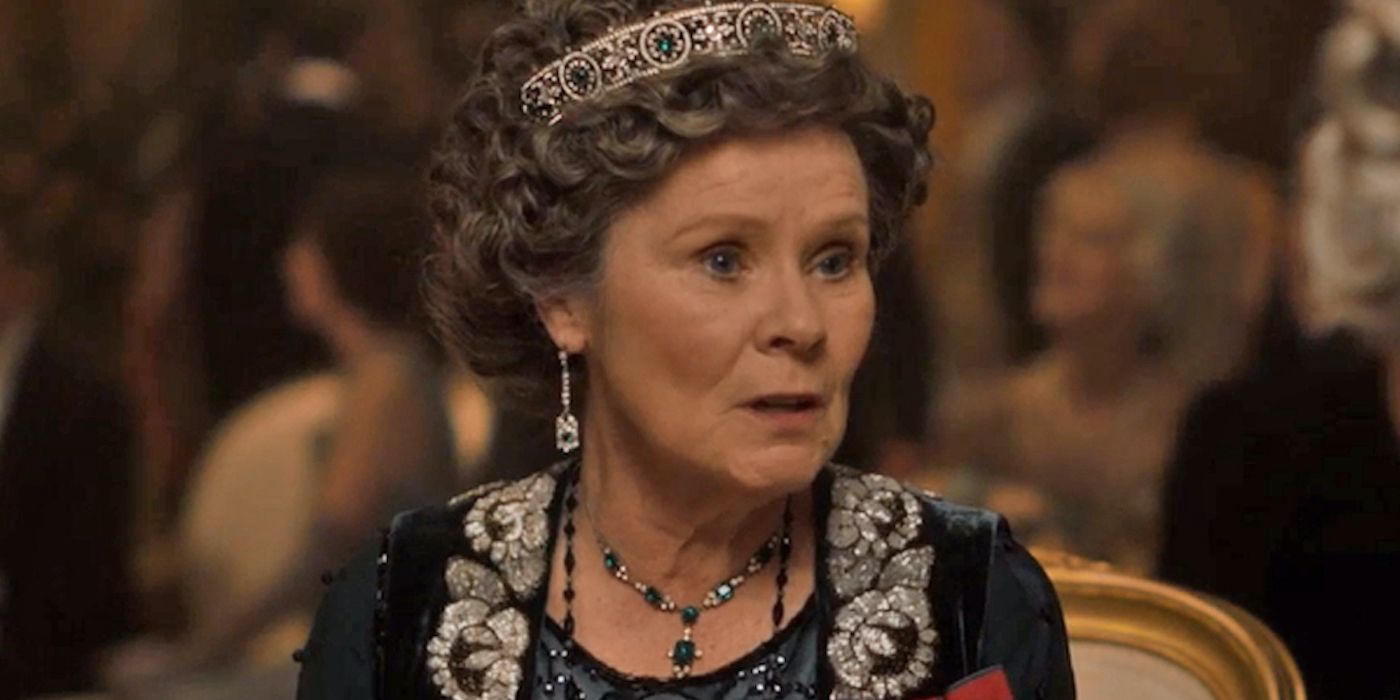
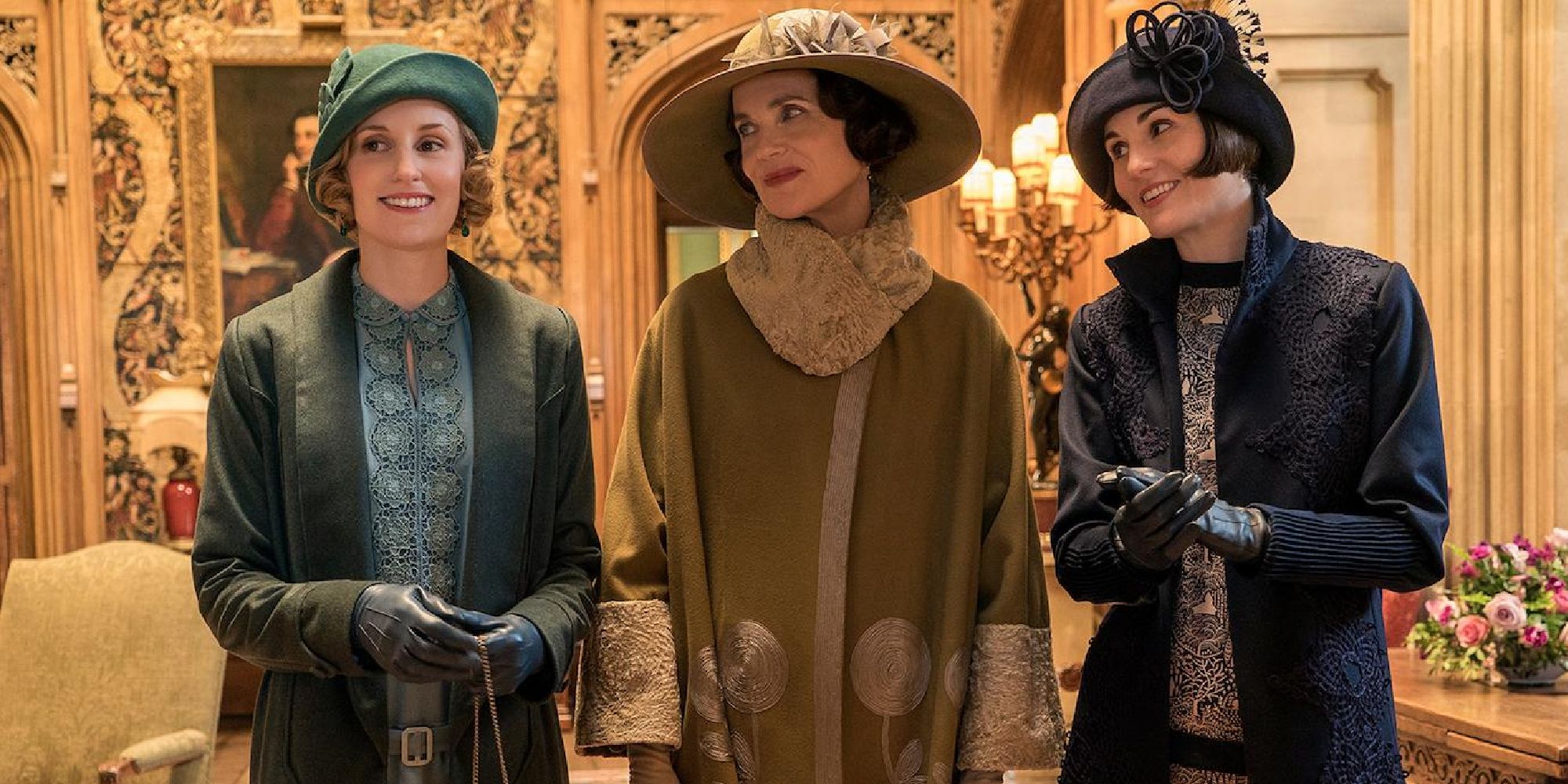
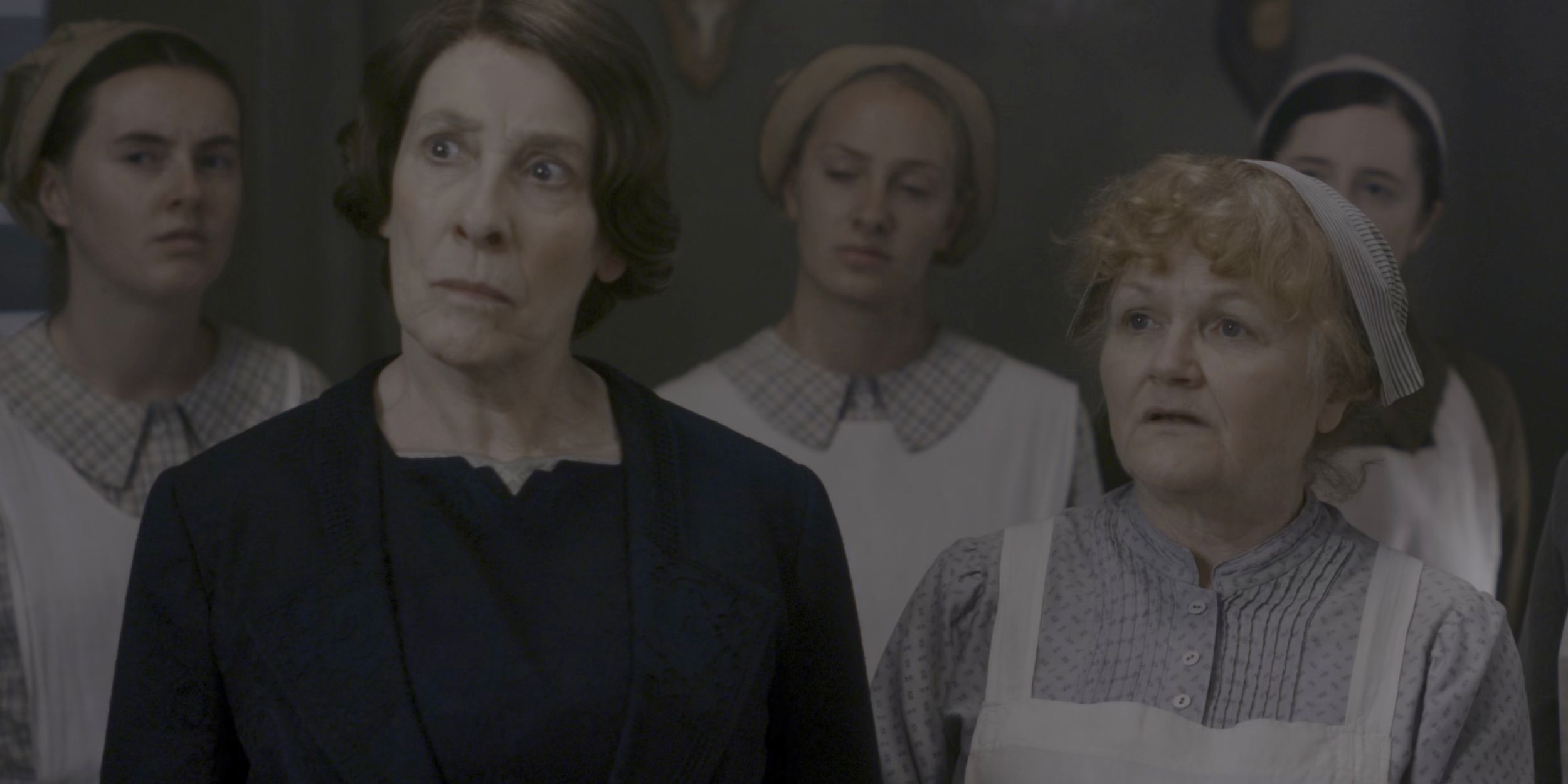
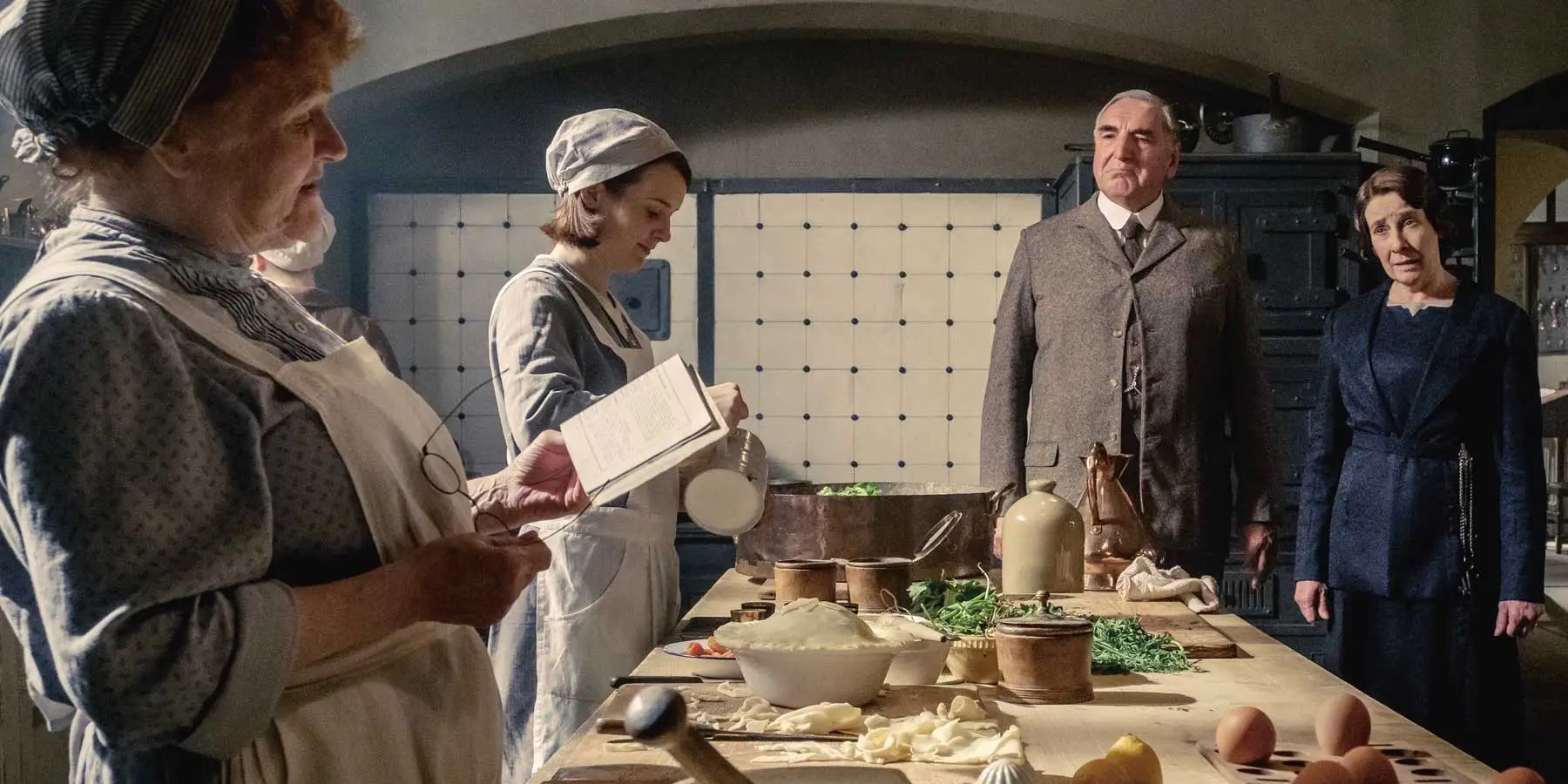
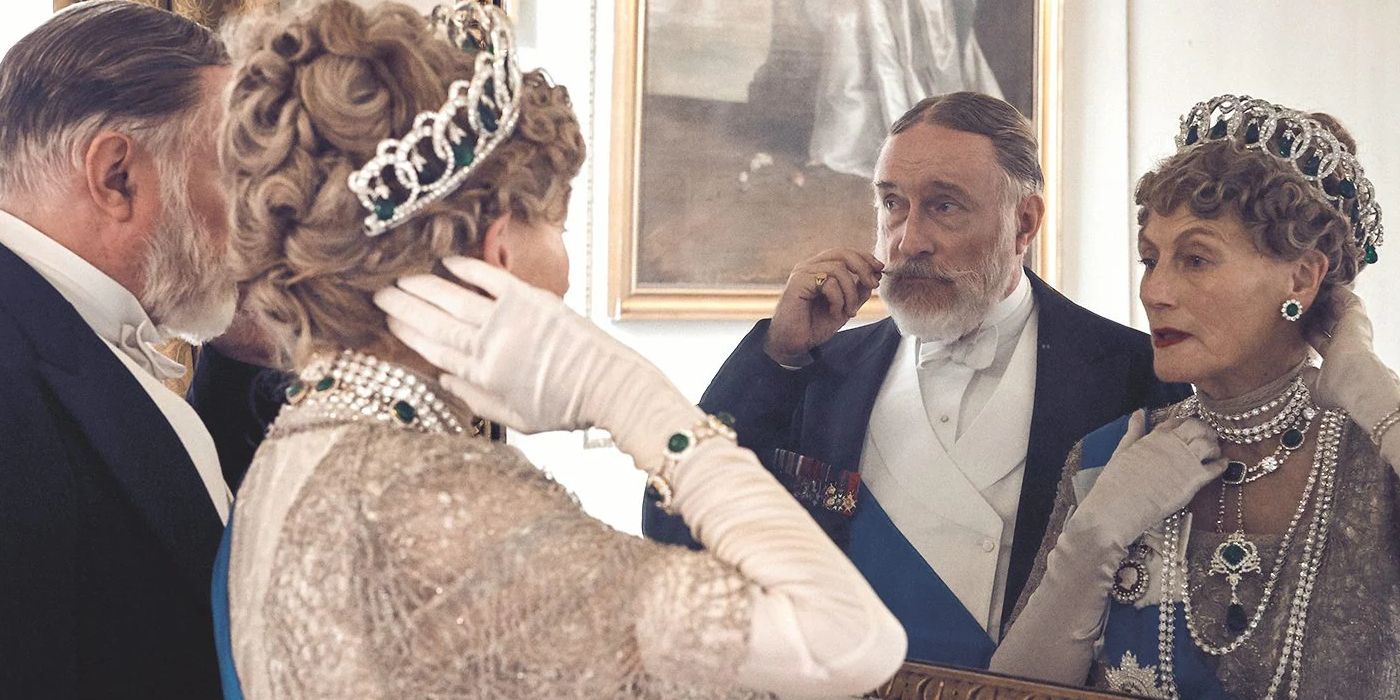
One of the obvious historical parts of the film is the new characters. The King, Queen, and Princess were real people. Although their characterization may not be entirely accurate in the film, the basic facts are. King George V reigned from 1910-1936, and the film is set in 1927, so he is the correct monarch for the time. According to research from Times, like many royals before them, King George V and Queen Mary did travel to the countryside to visit aristocratic families like the Crawleys, but none took place in 1927. Instead, in an interview with Vanity Fair, Julian Fellowes claims to have based his story on King George and Queen Mary’s July 1912 visit to Wentworth Woodhouse in Yorkshire, which is near where Downton is, and the house is one of the largest in England. Downton Abbey even filmed a few scenes there. However, it is not exact. Times reported that Alastair Bruce, the film’s historical advisor, had a different royal visit in mind when guiding the story. He used information from when King George V and Queen Mary visited his ancestors at Broomhall House in 1923 to show how the event would be run.
When explaining his inspiration to Vanity Fair, Fellowes noted that during these visits, “There would usually be a parade or a public event of some kind, or a well-publicized visit to a coal mine so that people could get out on the streets and see them for themselves.” And Downton Abbey shows many of these festivities. Though, unlike the Wentworth Woodhouse visit, there was no visit to a coal mine after a tragic accident, the film includes the expected public appearances such as the parade and ball in the film. But, like many things with a historical basis in Downton Abbey, it does not look the same.
What Else Is Accurate in the ‘Downton Abbey’ Movie?
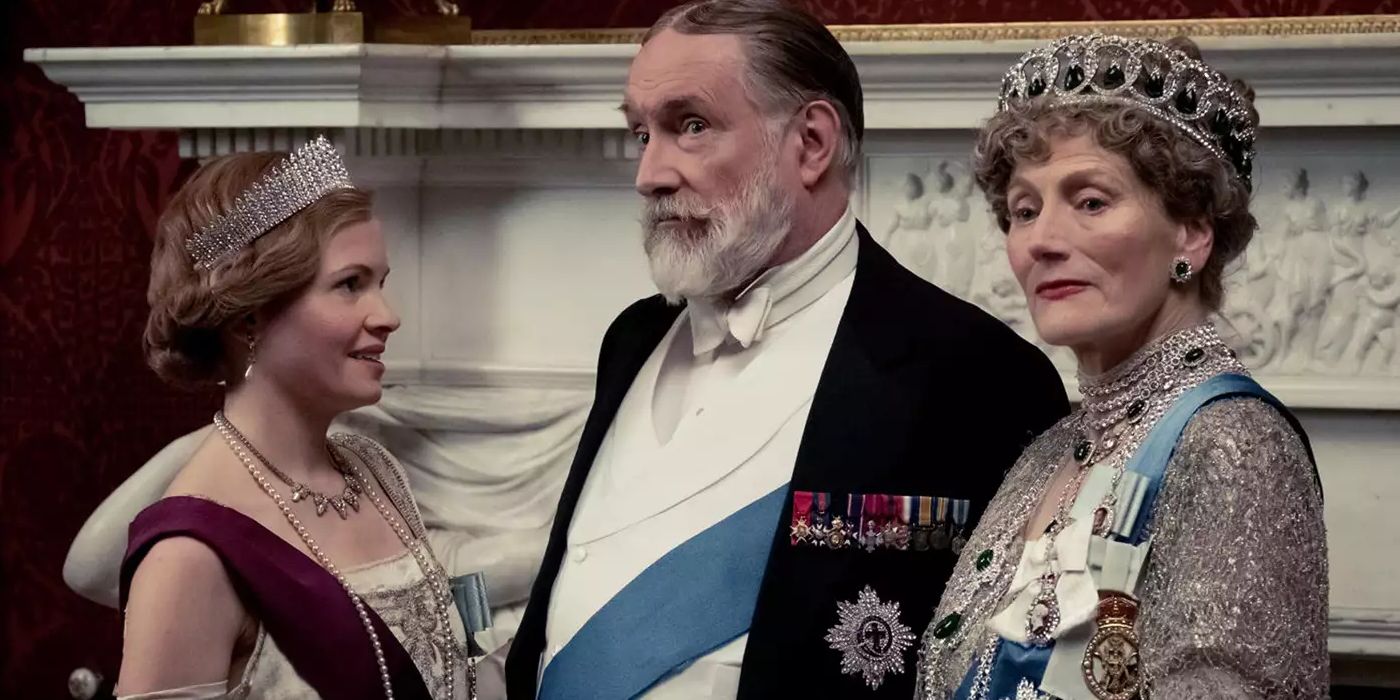
Understandably, not every element can be true, as the story often requires embellishment to intrigue the audience. This is the case for Tom’s plot. Though a member of the family through his marriage to the departed Sybil Crawley (Jessica Brown Findlay), Tom does not have the same perspective on the Royal family as the Crawleys. A proud Irish man and once a radical thinker, Tom is not surprised when he believes himself investigated. Yet he patiently tries to explain that his politics have become less extreme over the years, and he poses no threat. Though King George V did rule during a time of unrest between England and Ireland, the worst was over by 1927. The Anglo-Irish war took place in 1919-1921, and historian Kevin Matthews says, “By 1927, most of Ireland had moved on to other problems.” The unlikely plot of the assassination attempt is not accurate, but the sentiment wasn’t far off. With a small crumb of truth, it was a good way to add tension and give Tom something to do.
However, there is more truth to Princess Mary’s plot. The marital problems between the princess and Viscount Henry Lascelles were widely rumored, though unconfirmed. Editor of the biography The Quest for Queen Mary, Hugo Vickers claims, “It’s always been passed down by word of mouth that he’s difficult, and the general line was that he was old brute, but it’s hard to find evidence.” Yet in 1927, the idea of a divorce in the Royal family would have been unthinkable, even if the princess were unhappy, so her contemplation of it in Downton Abbey is not entirely realistic. Though the discussion is slightly modernized, it takes its cues from history. Though these things are wildly exaggerated for the story, there is a certain amount of truth to them. Overall, Downton Abbey delivers a plausible, if not perfectly accurate, story for viewers to enjoy.
